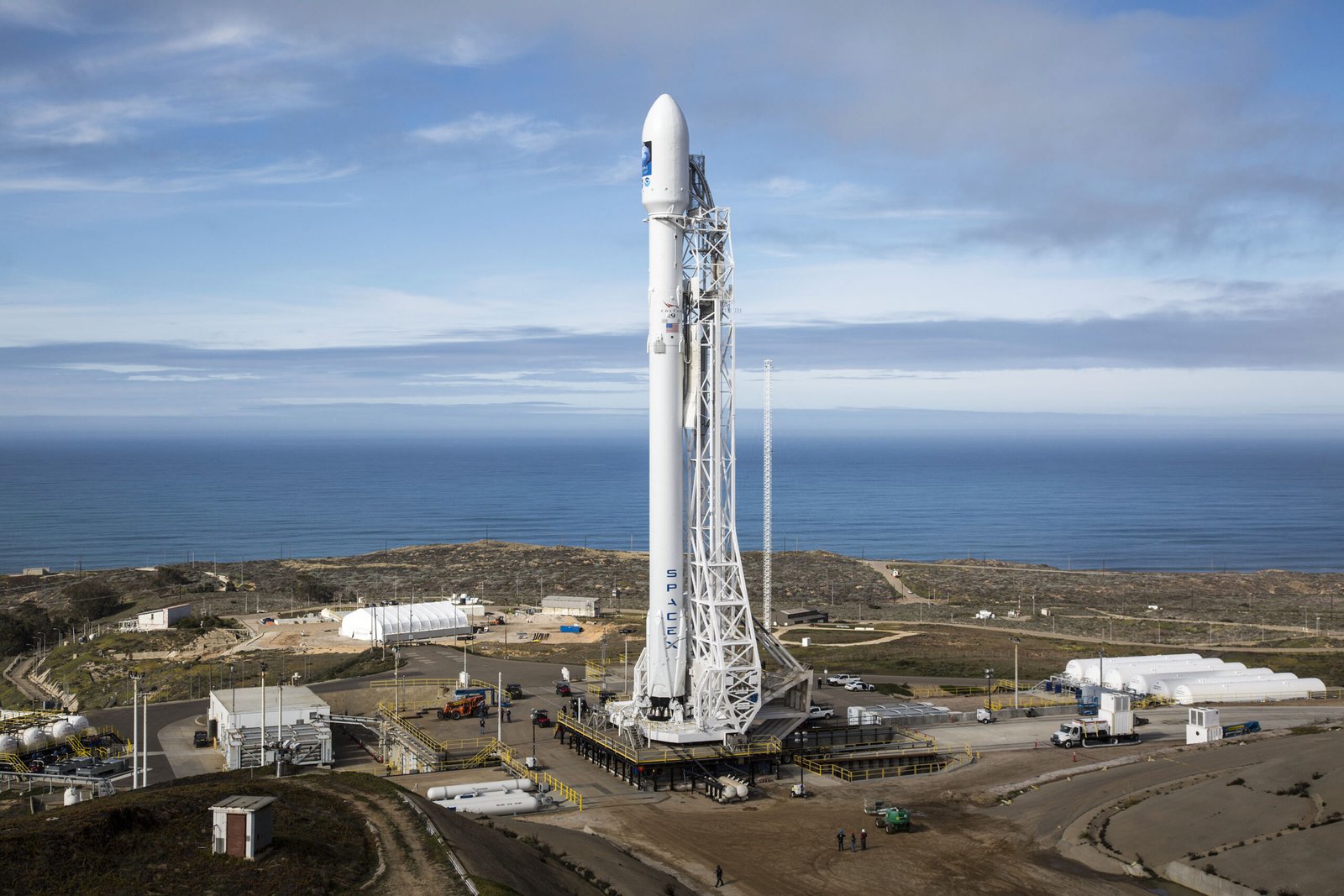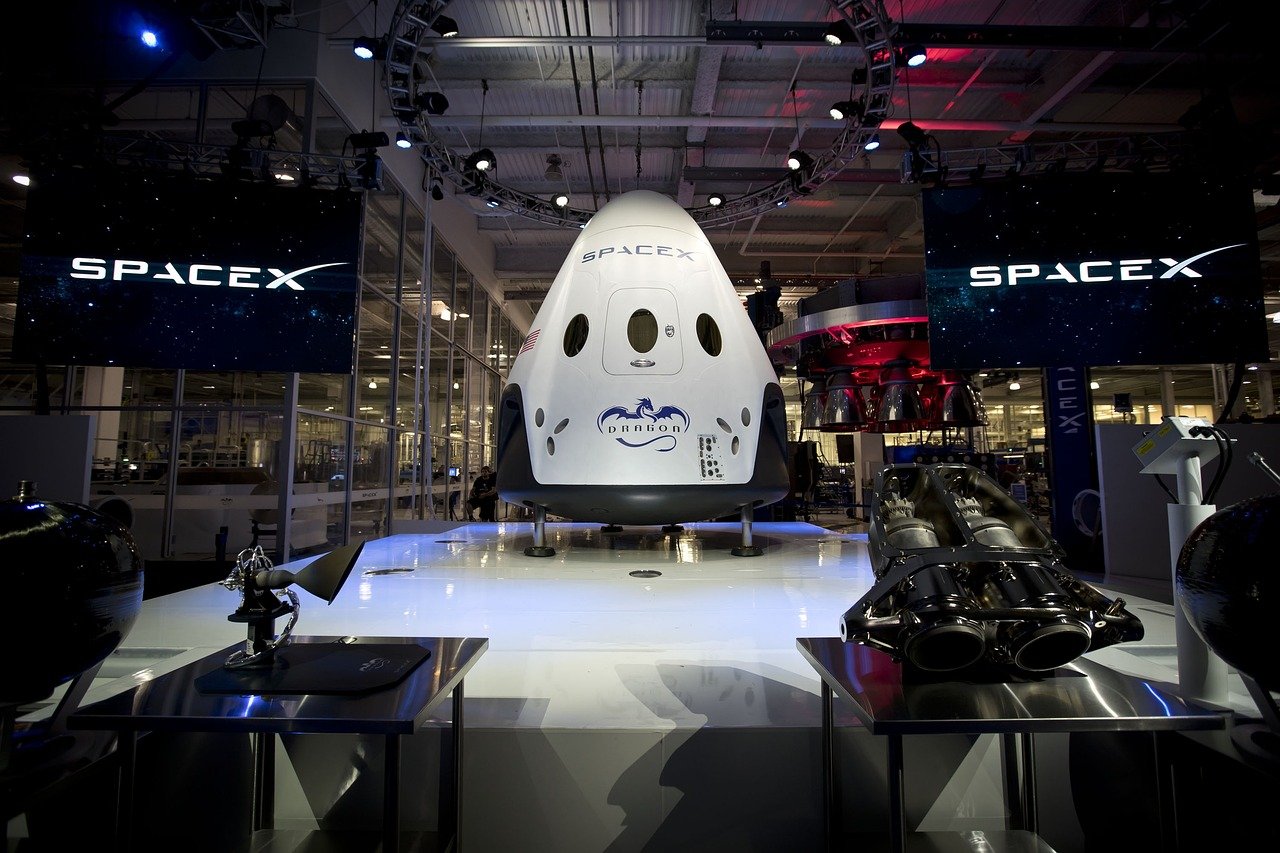A Midnight Launch That Changed Everything

At 1:02 a.m. on May 13, the sky above Florida lit up as Falcon 9 blasted off from Kennedy Space Center. This wasn’t just another rocket launch—it was the 28th flight for this first stage booster, now carrying 28 brand-new Starlink satellites. The moment felt electric, not just for space fans, but for anyone who dreams of a more connected world. SpaceX has pushed reusability to the limit, making it almost routine to see rockets come home and fly again. But behind that routine, something massive is unfolding—one satellite at a time.
Internet for Every Corner of the Planet
Imagine sitting in a cabin deep in the woods or hiking a remote trail in the Andes—and being able to livestream the view. That’s what Starlink is building: a web of satellites that can beam high-speed internet to places fiber cables will never reach. With these 28 new satellites, the constellation grows, and so does the dream of digital equality. For millions in rural areas or developing countries, Starlink could mean the first real taste of the internet’s promise. It’s not just about faster Netflix; it’s about opening doors to education, telemedicine, and new jobs.
From Recycled Rockets to a New Kind of Network
This Falcon 9 has flown 28 times, including for crews, cargo, and now 17 Starlink missions. Each launch saves money, time, and resources—making the impossible suddenly look doable. SpaceX’s bold bet on rocket recycling means rapid, relentless progress. Every mission adds another tile to the Starlink mosaic, making the sky itself a network. It’s a tech leap that feels pulled from the pages of science fiction—but it’s happening, right now, overhead.
The Shocking Scale of Starlink’s Ambition

Here’s the part that might make you gasp: SpaceX isn’t just making internet faster for the few—they’re building the world’s largest communications platform, in orbit, for everyone. Thousands of satellites, all working together, could erase borders and leapfrog old infrastructure. The goal? No more dead zones, no more digital divide. This isn’t just a tech story; it’s about leveling the playing field in ways that could ripple through economies, classrooms, and cultures.

